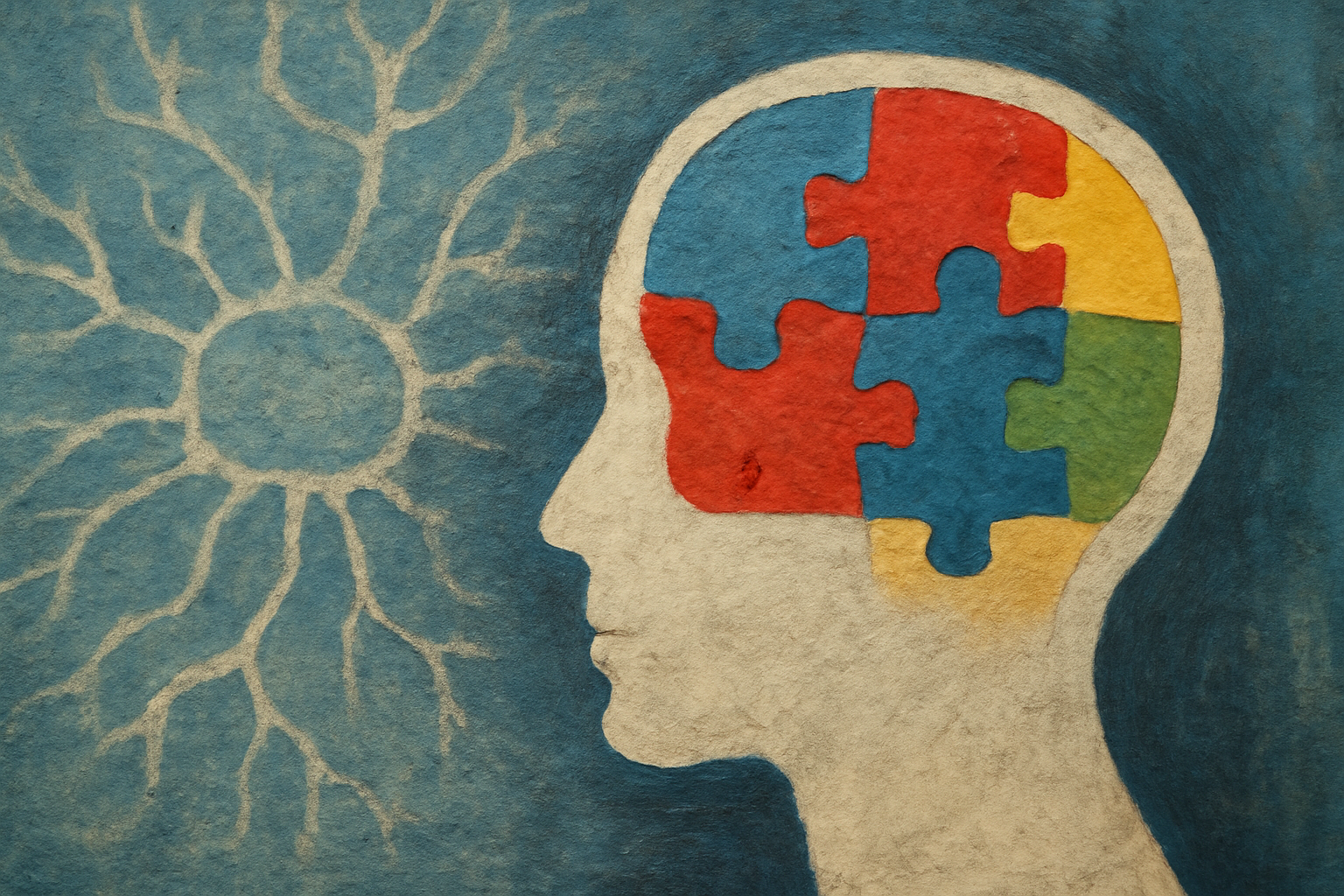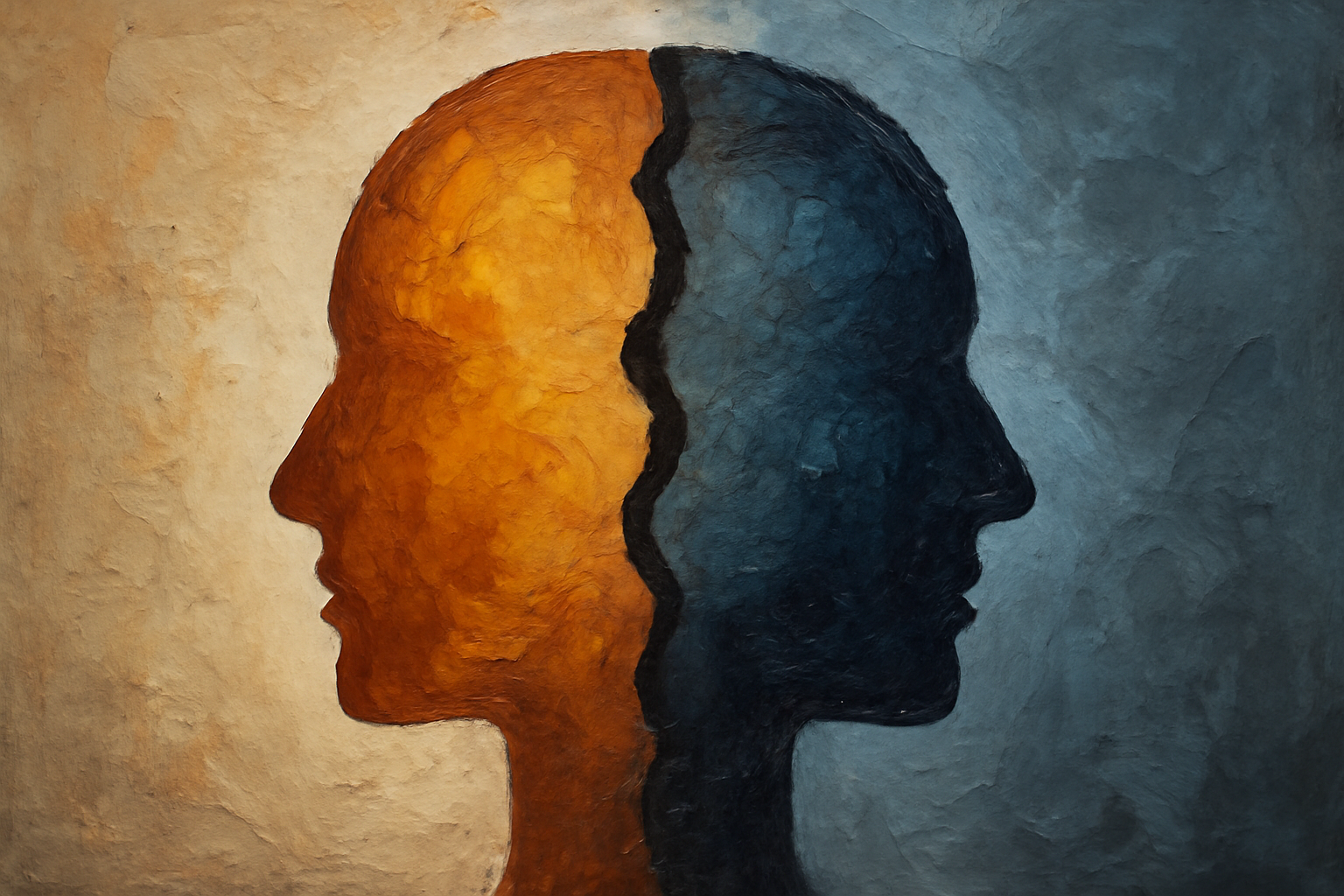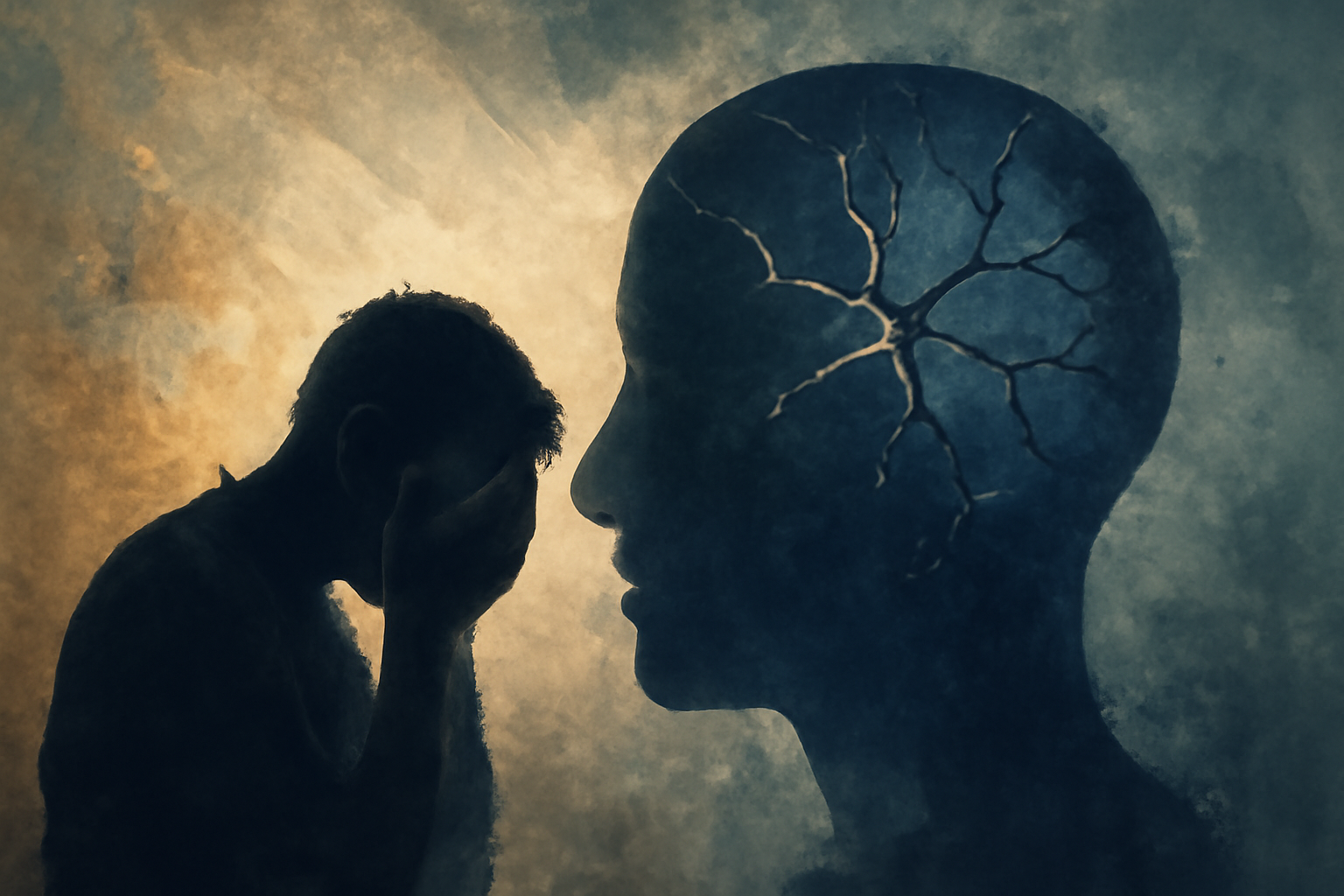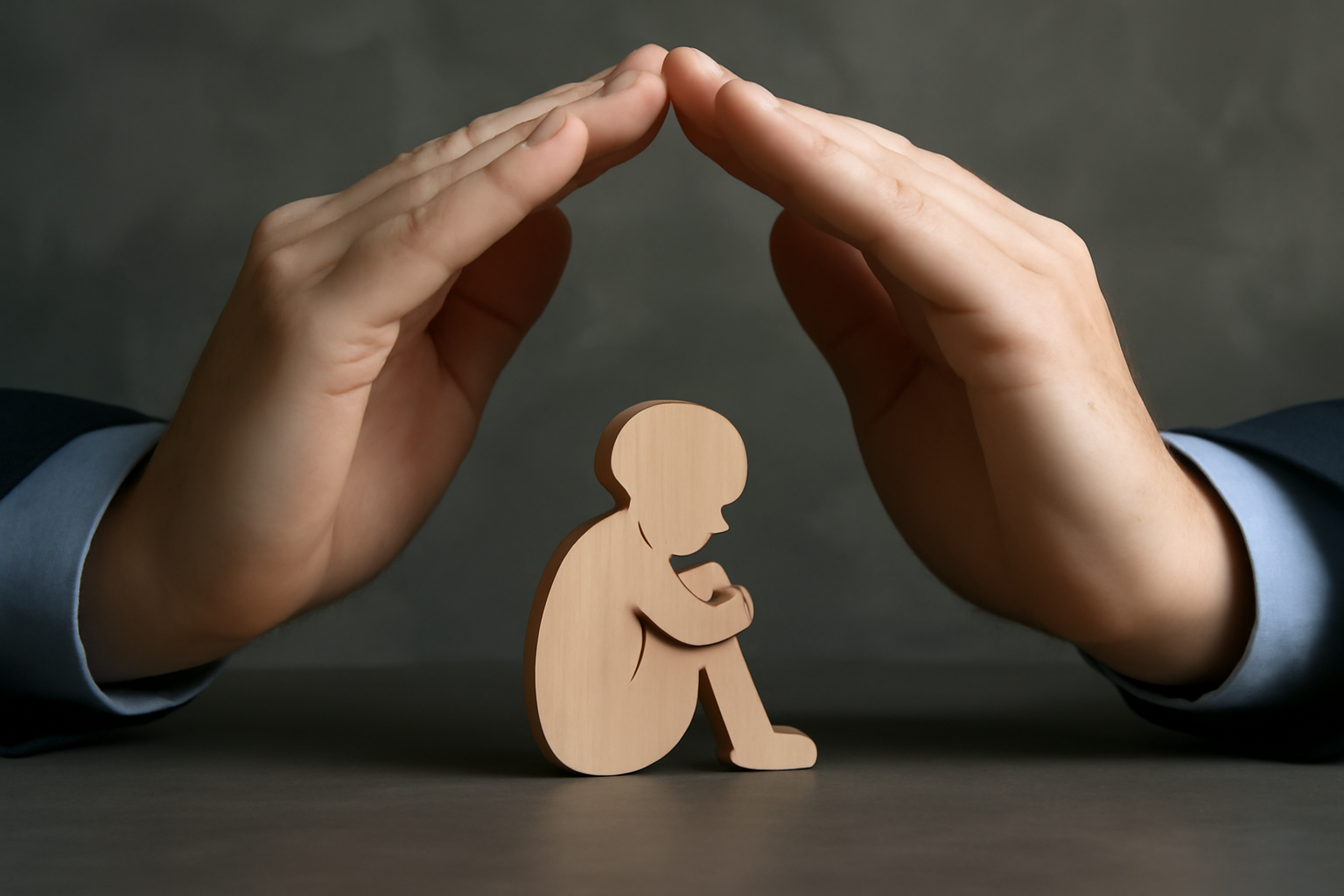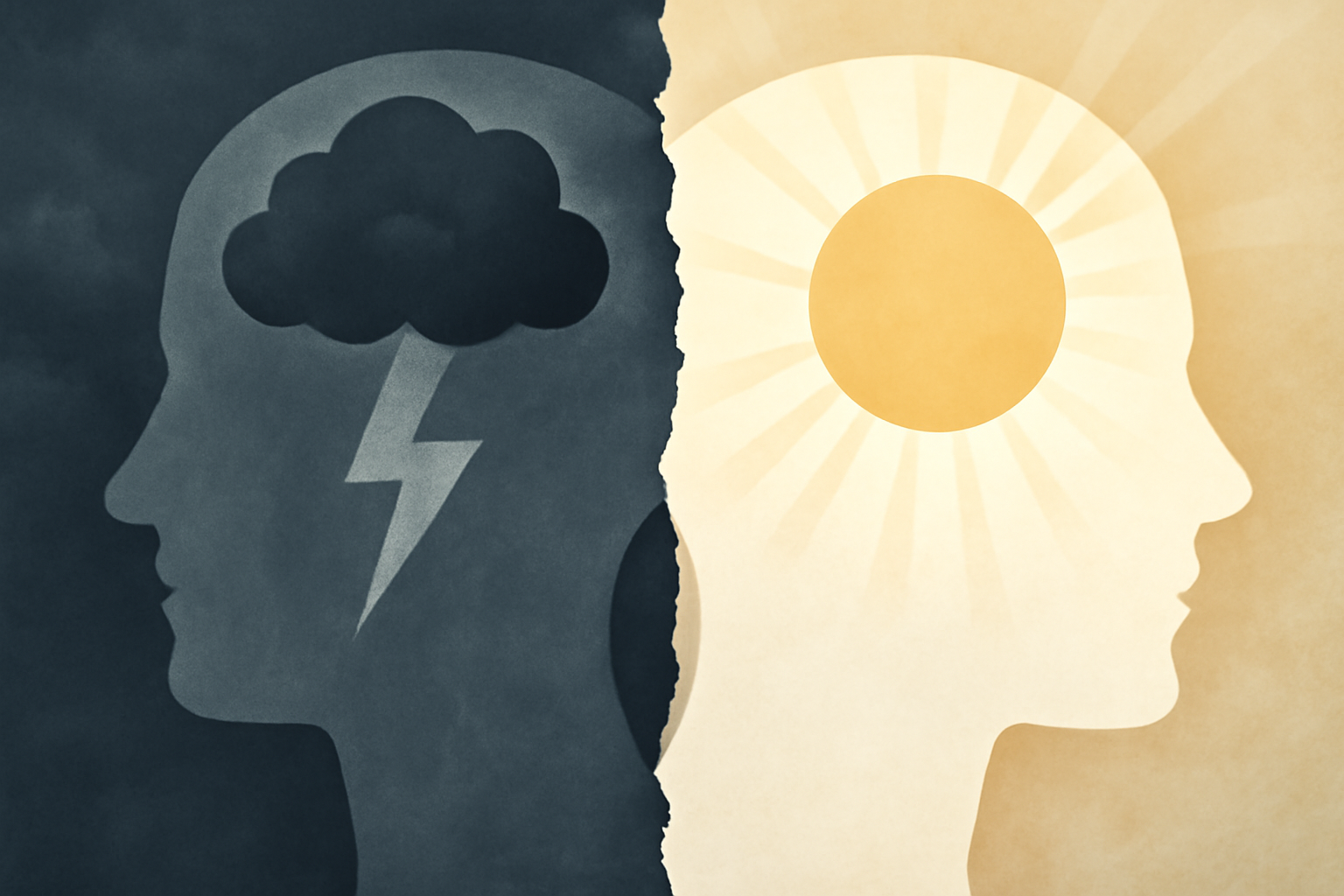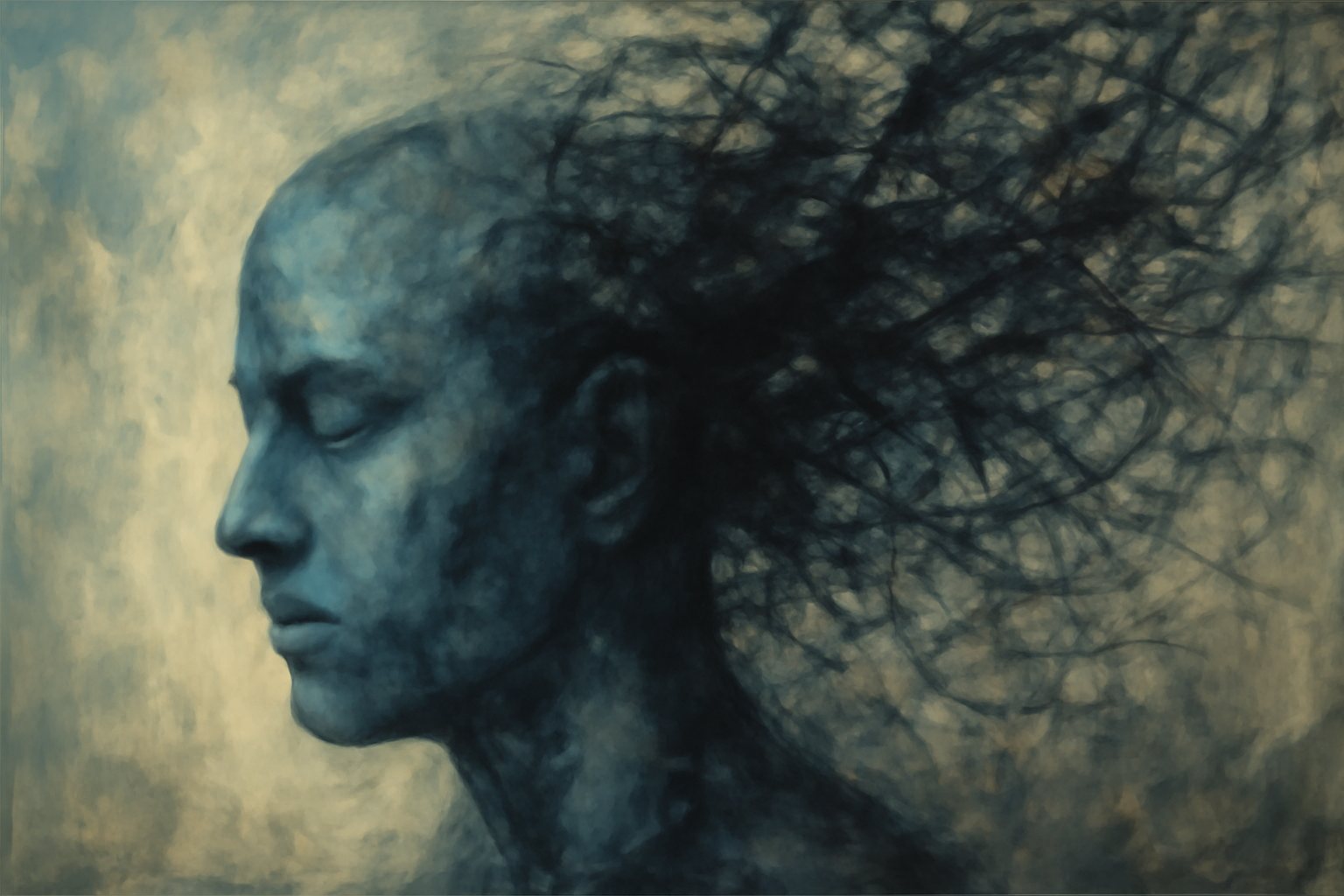Autism is characterized by two core domains that typically appear in early childhood, though the exact timing and presentation vary:
Manic bipolar depression refers to a pattern of mood episodes in bipolar disorder that often includes periods of elevated or irritable mood.
Manic depression, historically used to describe bipolar disorder, is a mood condition characterized by dramatic shifts in energy, mood, and behavior.
Acute stress disorder is a temporary mental health condition that can develop after exposure to a traumatic event. It signals acute stress.
Dissociative disorders are a group of conditions characterized by disruptions in a person’s normal integration of memory, identity, emotion.
Reactive Attachment Disorder is real and treatable; with stable caregiving, compassionate support, and evidence-based therapy, children can heal.
Bipolar I disorder is a chronic mental health condition characterized by recurrent mood episodes that can be severe and disrupt daily life.
Psychotic disorders are among the most misunderstood areas of mental health. They are not a sign of personal failure, nor a choice or weakness.
DiagnosisEditorial Staff2025-08-17T21:54:24+00:00

